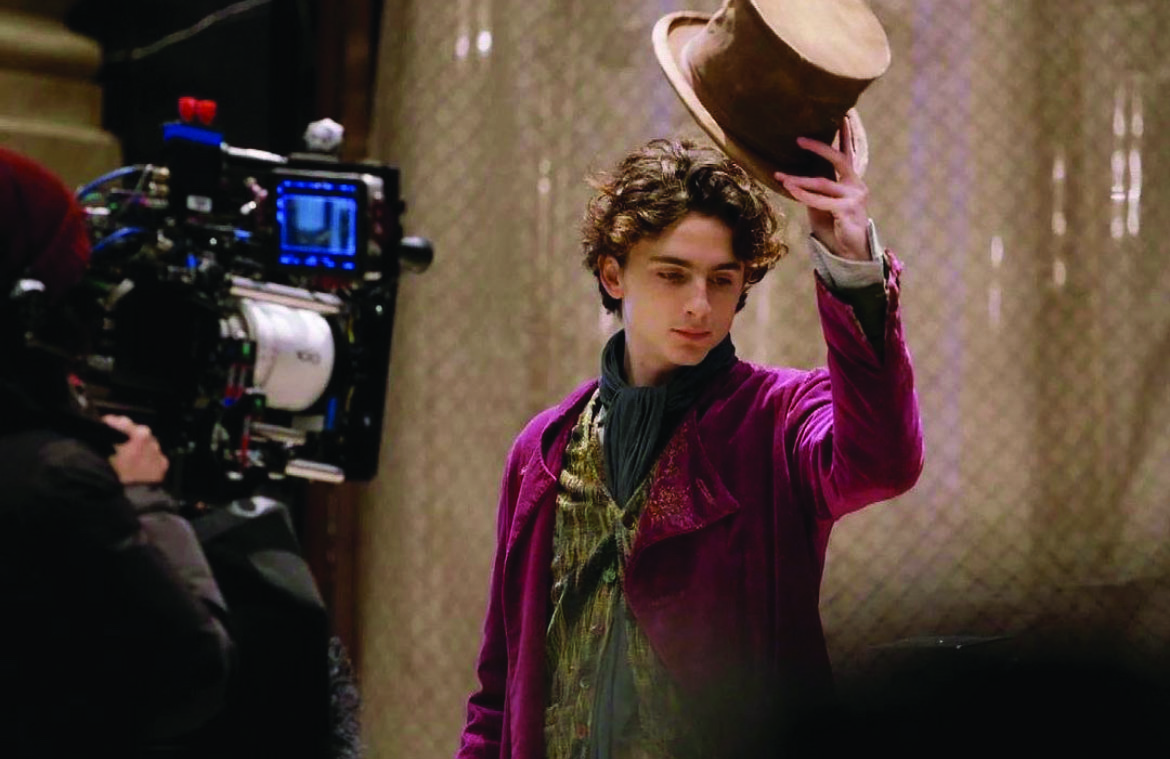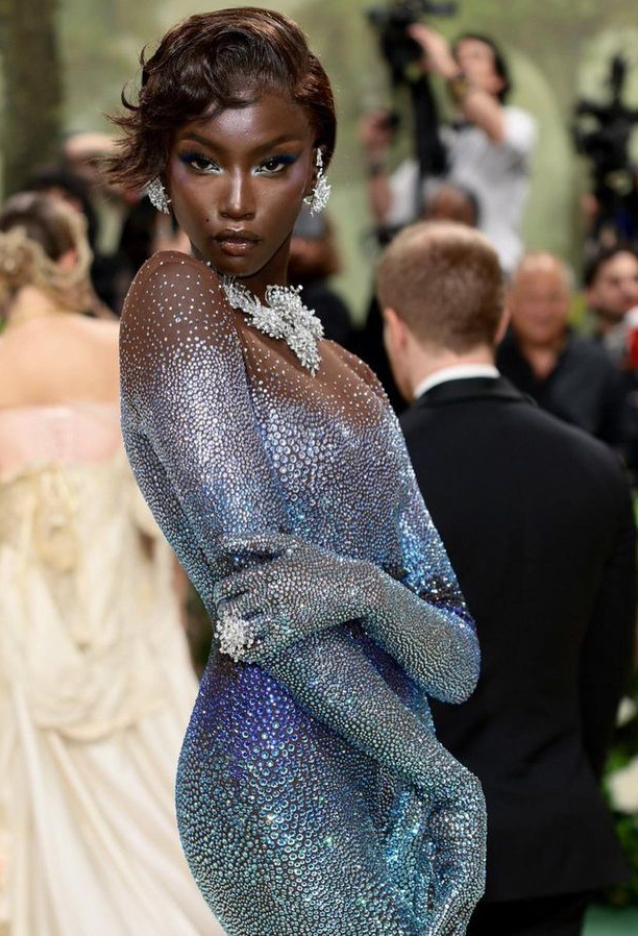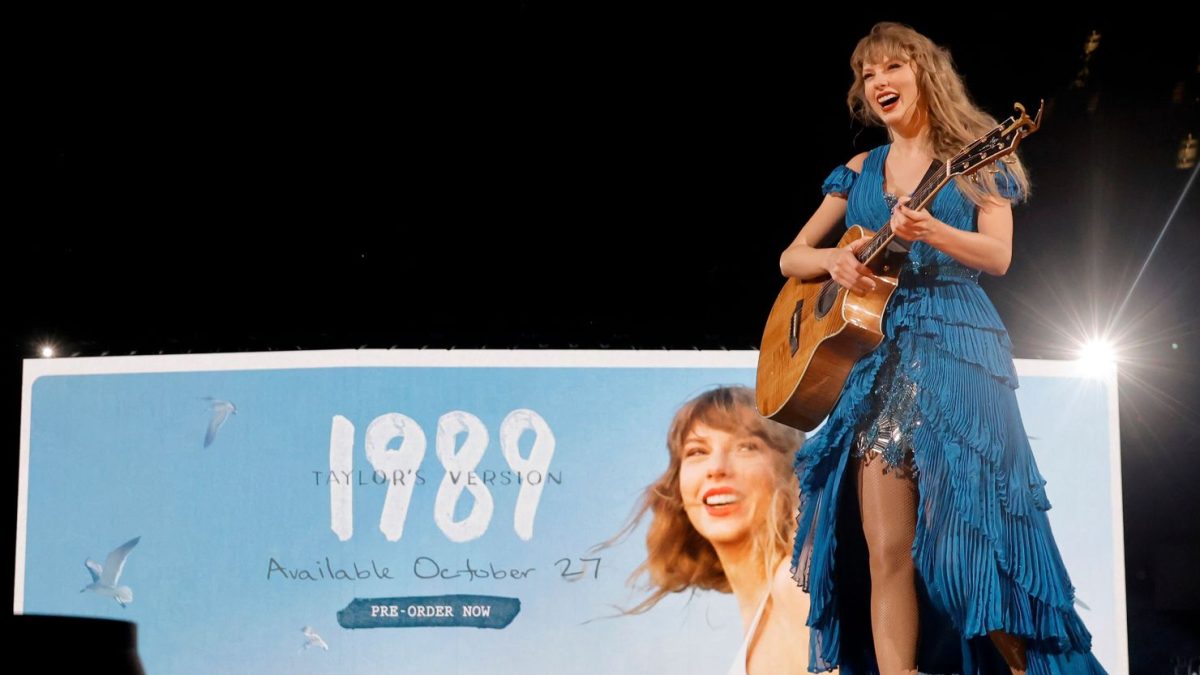Imagine sitting in the movie theater expecting to watch a serious drama film and the actors suddenly break out into song and dance. While the musical is a distinctly American art form that has experienced several periods of popularity throughout the 20th and early 21st century, recently, it is clear that Hollywood has been trying to cover up their musical productions from the audience. In some recent musical movies, such as Wonka, Mean Girls, and Color Purple, there are no clips from the trailer showing even a slight trace of a musical.
It may be due to producers’ fear of people’s prejudice towards musicals, especially since several musical bombs since 2019. Nevertheless, the situation was the exact opposite in Hollywood’s Golden Age of musicals during the early 20th century; audiences were fascinated to hear live singing from the actors in the film rather than in the form of background music.
In almost every trailer, the joyful atmosphere of actors moving, dancing, and singing was once strongly featured. Starting from the first musical movie The Jazz Singer (1927), Hollywood has released a series of musicals, peaking in 1929 with over fifty musical productions. Musicals as a novel form of performance brought vitality and sensation to movies. When integrating musical and movie into one distinct genre, singing from actors not only drives the plot but also adds on the persona for each character through specific songs. In Wizard of Oz (1939), the farm girl Dorothy’s innocence and talents were reiterated through the specific songs she sang, such as Over the Rainbow, You Made Me Love You, If I Had a Brain, and more.
Yet by the 1950s, the notion of sound was no longer solely attractive—what replaced it is a new standard of real-life acting along the popularization of TV. People’s preference towards emotional realism essentially contradicted the musical movies where actors showcased dramatic acting. The constant bursting into songs also deviates from reality as it breaks off the structure of a realistic acting. In this sense, musicals and films are conflicted within their distinct nature: while the audience could clearly see that the performance on stage in a theater is acted-out, they expect the actors to be as emotionally involved and authentic as possible on TV. Thereby, viewers would feel strongly detached when seeing musicals attempting to replicate reality with a completely set of skill and standard.
Hiding musicals in trailers may be a tactic for Hollywood to not lose the audience temporarily, yet with too many attempts, this controversial marketing alienates both musical and movie lovers. With so many musical underperformance, there was no lack of successful ones such as La La Land or West Side Story. Disguising musicals into drama films is definitely not helpful in the long run.
If Hollywood is constantly producing musicals, why be ashamed of it? Hiding musicals in trailers may be a tactic to not lose the audience temporarily, yet with too many attempts, this controversial marketing not only provides a reason for musical productions to keep performing poorly but also alienates musicals and movie lovers.












